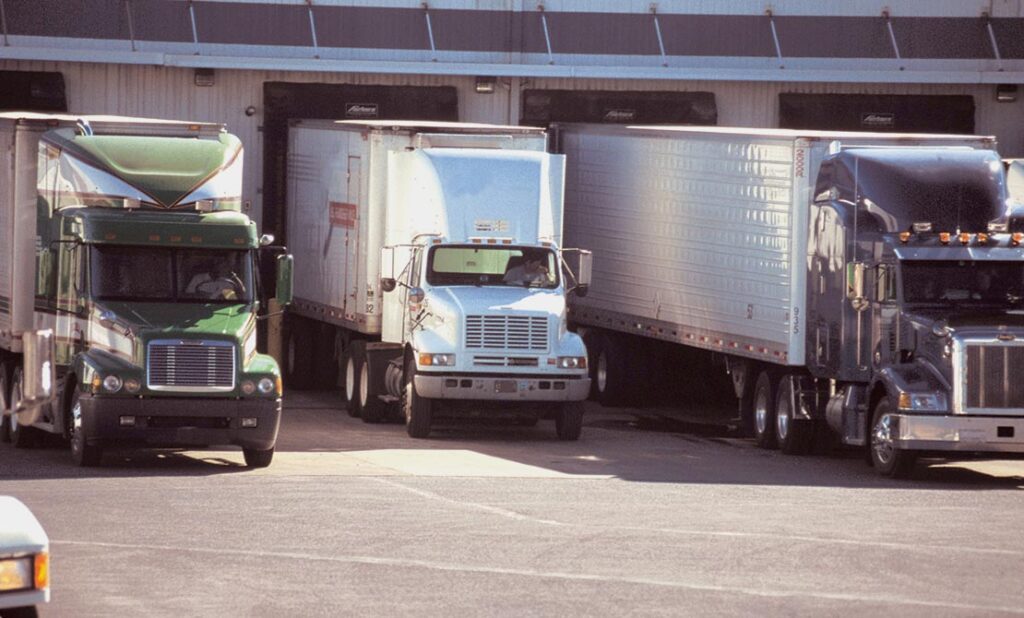A damaged bag of chicken led to a partial load rejection that ended up helping a local community.
Cargo rejections can occur due to various factors such as moisture damage, cross-contamination with another product, packaging issues or damage, and unloader’s error. These are some of the reasons that have been experienced.
Rejected freight can have a positive outcome. Sometimes, contacting the cargo claims department of the carrier, insurance provider, or brokerage can result in the rejected product being given to charity instead of being discarded.
The Telegraph Herald of Dubuque, Iowa recently had the story of NEY Trucking and their thousand pounds of rejected fresh chicken. A bag had burst open in transit somewhere between South Alabama and Waterloo, Iowa.
Marvin Ney, owner of NEY Trucking, faced a challenge when a pallet of birds was rejected by the receiver. He couldn’t send the birds back to Bama, so he decided to take a charitable approach. After getting approval from the shipper, he distributed the chicken to local food banks, including Dubuque Rescue Mission, Dubuque Dream Center, and the Salvation Army. He estimated the total weight of the donated food to be between 1,000 and 1,500 pounds.
Captain David Amick of the Salvation Army estimated that the donated chicken, which weighed around 1,000-1,500 pounds, would last nearly a month. Combined with another shipment of rejected hams, the food was enough to cover meals for 50-60 families.
It’s advisable to donate rejected freight to those in need, instead of disposing it in a landfill, if it is still usable. Given the difficult times, drivers should help their community whenever possible by making such donations.





